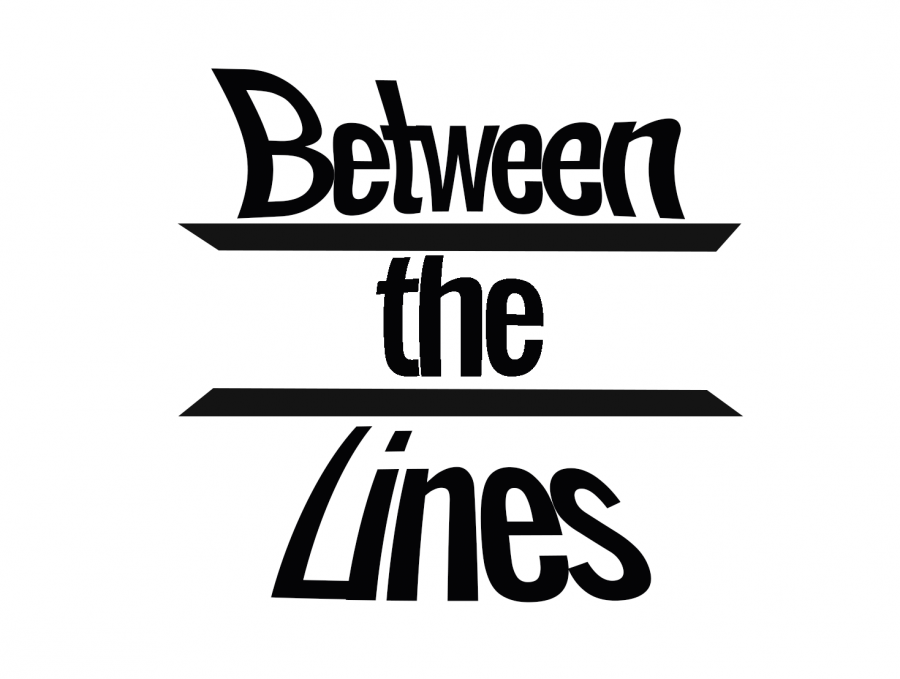James Baldwin’s ‘The Fire Next Time’ is a guide for the Black Lives Matter movement
Illustration by Ethan Gullett
September 4, 2020
Reading James Baldwin is always a good idea, but lately, his words have proved to be a lifeline for a new era. He emerged as a writer from Harlem: a voice for the people, a chronicler of the wreck that was the 1960s. In recent years, his voice has resurfaced as a narrator for the civil rights effort that has not ended, only transformed. His voice is now more pertinent than ever as we stumble through yet another civil rights crisis, unguided and unsupported by majority government officials.
Published in 1963, Baldwin’s “The Fire Next Time” contains two essays: “My Dungeon Shook: Letter to my Nephew on the One Hundredth Anniversary of the Emancipation” and “Down at the Cross: Letter from a Region of My Mind.” In the former letter, which acknowledges the 100th anniversary of the supposed emancipation, he advises his nephew and namesake on surviving in a loveless, racist world. From the start, he lays out the circumstances his nephew is forced to grow up in, speaking of his country and countrymen as people who “have destroyed and are destroying hundreds of thousands of lives and do not know it and do not want to admit it.”
Baldwin points out the crime and then the ignorance that allow crimes to continue unnoticed. Switching between subjects of love, change and struggle, he entangles all three but never neglects any of them. He writes to his nephew with total earnestness about the day he was born by describing that “It looked bad that day, too, yes, we were trembling. We have not stopped trembling yet, but if we had not loved each other none of us would have survived.”
His letter is a plea to understand the necessity of being loved and giving love while facing racial inequality in a loveless world. In a way, he has written a letter to those of us in need of guidance during uncertain times, reassuring us of the need for equality and civil rights. Writing about love and change in conjunction is rarely seen; Baldwin stresses the importance of both as a necessity for survival in times of tense adversity. He ends with a simple yet poignant goodbye: “God bless you, James, and Godspeed.”
He begins the second, longer essay with images from his youth in Harlem and ends it with a treatise to ending racial inequality. He writes of his devotion to the church, and, at 14, his break from it. He concludes with his recipe for an “achieved” country: “If we- and now I mean the relatively conscious whites and the relatively conscious blacks, who must, like lovers, insist on, or create, the consciousness of the others- do not falter in our duty now, we may be able, handful that we are, to end racial nightmare, and achieve our country, and change the history of the world.” He writes this to incite awareness in hopes of bringing racial inequality to an end. He concludes with the line “God gave Noah the rainbow sign. No more water, the fire next time!” meaning that, if we do not adhere to change, we will burn in a biblical apocalypse.
Our need for guidance in the fight for civil rights and equality is insatiable. “The Fire Next Time” feeds us the strength we need to survive in an uncertain world. When first published at the height of the fight for civil rights, it gave voice to a movement. Nearly 60 years later, we feel the glow of his words, lighting the way for the Black Lives Matter era.








